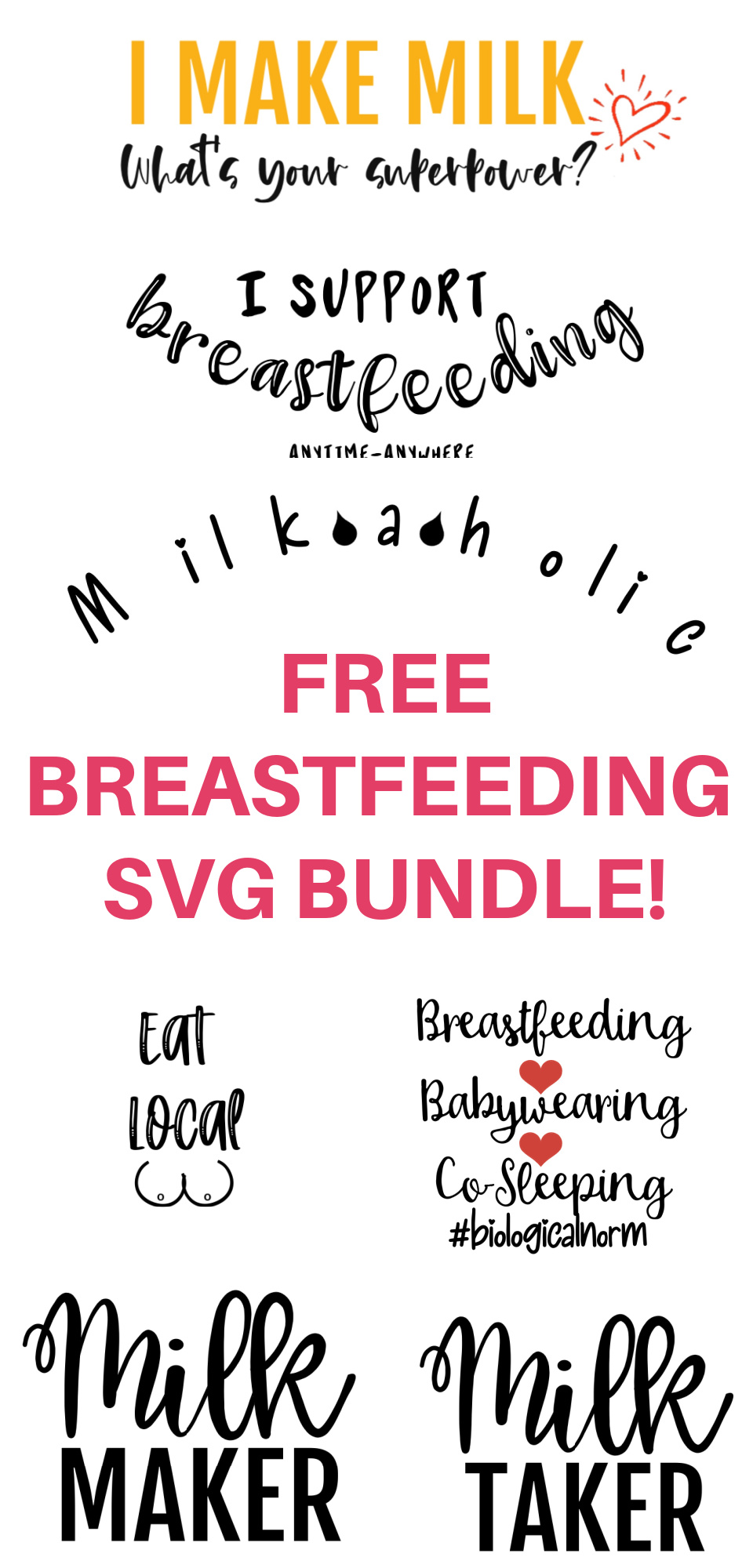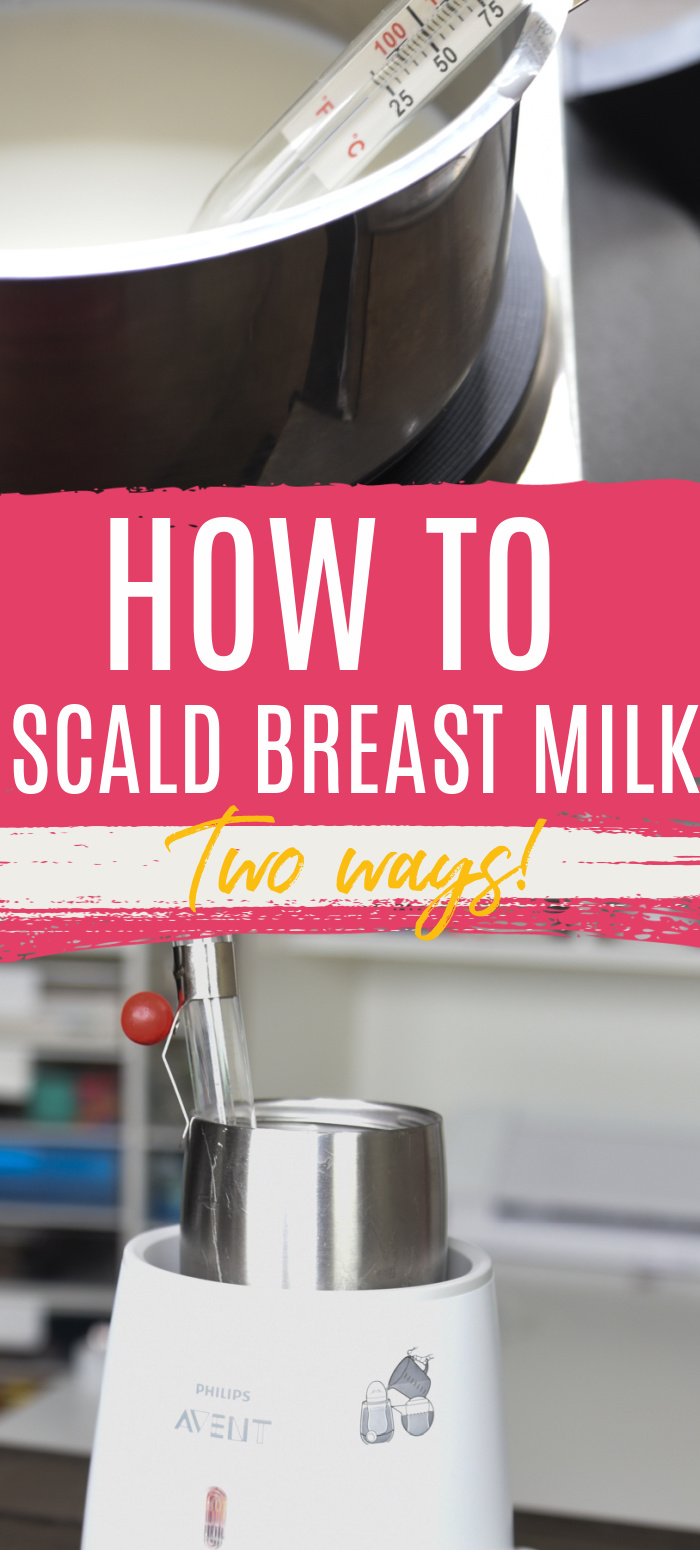If you’re a new mom and are experiencing difficulty producing milk, don’t worry – you’re not alone! The good news is that there are many different lactation supplements available on the market today that can help increase your milk supply. To help make your decision a little easier, here is a list of the top 9 best lactation supplements for increasing milk supply.

Whenver there is a concern for milk supply, most new moms immediately turn to lactation supplements to help.
However, it can be more complicated than just taking a couple of pills or drops. Not all supplements are created equally, and it’s important to use them alongside other methods, such as increased stimulation.
There are a lot of herbs out there that can help increase milk production for breastfeeding moms. Here are the top nine best lactation supplements, in my opinion:
- Moringa
- Goat’s Rue
- Blessed Thistle
- Stinging Nettle Leaf
- Shatavari
- Fennel
- Alfalfa
- Milk Thistle
I strongly recommend working with a lactation consultant before starting any supplement, especially if you are struggling with low milk supply. Determining the cause of your low milk supply is the first step.
I will link to Mother Love supplements quite a bit in the recommendations below. You can use the code TBM15 for 15% off anything on the Mother Love Website. I am an affiliate for Mother Love, but this post is in no way sponsored or endorsed by them. I just think they offer a great product.
- Moringa
- Goat’s Rue
- Blessed Thistle
- Stinging Nettle Leaf
- Shatavari
- Fennel
- Alfalfa
- Milk Thistle
- BONUS
- What about Fenugreek?
- How Long Does it Take to See Results?
- What is the best form to take supplements in?
- Should I take supplements to prevent milk supply issues?
- My thoughts on “lactation blends”
- My Favorite Brand
- More Articles You May Enjoy:
Moringa
Moringa is a popular supplement for increasing milk supply that is native to Asia and Africa. It is very nutrient-rich, especially in:
- Iron
- Calcium
- Vitamin A
- Vitamin E
- Vitamin K
Research has shown this supplement to be impactful for increasing milk supply. There are few, if any, side effects and most moms/babies tolerate it really well. There is a possibility of it lowering blood sugar.
You can take it in powder, tincture, or capsule form.
- More Milk Moringa – use TBM15 for 15% off
- Moringa Liquid Capsules – use TBM15 for 15% off
=
Goat’s Rue
Goat’s Rue is an herb that is often recommended to help increase milk supply by way of increasing mammary glands in the breast. This is a popular medication for those who are struggling with Insufficient Glandular Tissue or for parents that are trying to relactate or induce lactation.
It is generally well tolerated. It can take time to work, so be patient when using it.
- Goat’s Rue Tincture
- Goat’s Rue Liquid Capsules
- More Milk Special Blend
- More Milk Special Blend – Tincture
Blessed Thistle
Blessed thistle is an herb that is native to the Mediterranean, Southern France, and Iran. It is thought to help increase milk supply, and it also can be appetite stimulant, help with digestion, the flu etc.
I don’t know that this is the most popular option out there on its own, and there isn’t a ton of research supporting its efficacy. However, it’s pretty common in different lactation blends and seems to be well tolerated.
Dr. Jack Newman has found in his practice that when blessed thistle and fenugreek are used together, it generally seems to work the best. I don’t generally recommend fenugreek (more on that below).
I
Stinging Nettle Leaf
Stinging Nettle leaf is another nutrient-rich herb that is sometimes recommended for increasing milk supply. It contains:
- Vitamins A, C, K, and several B vitamins
- Calcium
- Iron
- Amino Acids
- Antioxidants
- And more
It is a very popular herb in the natural world because of all it’s positive benefits. It may have an impact on blood sugar, so if you are someone who struggles with that and it’s impacting milk supply, that may be a positive benefit (though definitely work closely with your doctor). It may also help with heavy menstrual flow and uterine bleeding, treat anemia, and support the kidney, liver, and adrenals.
This is most often used in tincture form with other galactagogues.
Shatavari
Shatavari is an Ayurvedic herb that has lots of great benefits for increasing milk supply, including:
- Balancing hormones
- Help with fatigue
- Diuretic
- Reducing anxiety
- Helping with PMS
- Support reproductive health
It is thought to increase prolactin levels. If you have low prolactin levels, this can negatively impact your milk supply.
It can also help to balance hormones. When these are out of balance (which they are often after pregnancy) it an impacts milk supply.
Fennel
Fennel is an herb that has been used for centuries to increase milk production in lactating mothers. It is rich in nutrients and helps to promote lactation. It is best to avoid large doses in case it has an impact on digestion, but it’s usually in popular lactation blends and is well-tolerated.
Alfalfa
Alfalfa is another galactagouge that has been shown to increase milk production in breastfeeding mothers. It is also a good source of vitamins A and C, iron, and calcium. You will usually find it in
Milk Thistle
Not to be mixed up with blessed thistle, milk thistle is a popular galactagogue that is generally paired with other galactaoguges. This study on silymarin, which is an an active ingredient in milk thistle, found that it increased milk supply by 85%.
It can also help support your liver, which sometimes needs some extra support after pregnancy.
BONUS
Choline
Choline is so important for pregnancy and postpartum. The need for choline increase when breastfeeding to about 500 mg a day. Some research has found that choline in human milk positively impacts a baby’s memory.
If you are struggling with clogged ducts, choline may help you with preventing those in the future. Lecithin is usually recommended, however, because of the impact this can have on the gut, some lactation professionals are starting to recommend choline (which is in lecithin) to help with clogged ducts.
You can get choline through eggs, beef liver, and red meat, along with other foods like tilapia and legumes. However, taking a supplement can be helpful as well. You can get a choline supplement on its own or as part of a high-quality prenatal vitamin. Here are a few recommendations:
- needed Choline – use code TBM for 20% off your first 3 month subscription
- needed prenatal vitamin – essentials (150 mg) / capsules (400 mg). Use the code TBM for 20% off your first 3 month order, or you can get a $10 off a sample of the prenatal vitamins with the code TBMSAMPLE.
- FullWell prenatal vitamin – use the code TBM10 for 10% off
Omega 3 DHA
There are many benefits that come from getting an appropriate amount of Omega 3 DHA, and many pregnant and breastfeeding moms do not get enough. Some research shows that having appropriate amounts of Omega 3 DHA in your breast milk is positively linked to brain development and function in a variety of areas (attention, rule learning, mental processing, and psychomotor testing).
DHA is transferred through breast milk, and you can positively impact that amount
The recommendations vary depending on where you look. The minimum you should get per day as a breastfeeding mom is 200 mg of DHA per day, while the World Health Recommendation recommends an average of 300 mg per day. Some research supports 600 mg daily.
You can get DHA through a daily supplement or through eating fish. If you are concerned about mercury levels of fish, here is a list of fish that have adequate levels of DHA and are low in mercury.
- needed Omega 3+
- Nordic Naturals Omega-3 Liquid
- Amazon Elements Super Omega-3
- Nordic Naturals Omega-3 Capsule
Ashwaganda
This is an herb I learned about from Just Ingredients, and that I personally have taken to help with anxiety and stress. It has been clinically studied and shown to help improve stress and anxiety. It is considered compatible to take while breastfeeding. The more you can decrease stress while breastfeeding, the better, and I think this is a great way to do just that.
- Just Ingredients Ashwaganda powder – TBM for 10% off
- Just Ingredients Hot Chocolate (it has some other great stress-reducing ingredients) – TBM for 10% off
- needed stress support
- Goli Ashwaganda Gummies
- Youtheory ashwaganda
What about Fenugreek?
Because of the “controversial” nature of this supplement currently, I did not include this supplement in my top recommendations. But that doesn’t mean I think it should be avoided at all costs (I think combined with another galactaogue, it can be appropriate for some). – I just think you should look at what evidence exists, look at your personal medical history, and make an informed decision from there.
Fenugreek has been used for many, many years by countless women with good results. I have put together an article with more information on Fenugreek to help you look more into this herbal, which you can read here – Is Fenugreek Bad for Breastfeeding? What Evidence Shows.
F
How Long Does it Take to See Results?
There is no specific time table that every person taking a supplement has to abide for. I have seen people have an impact on their milk supply within three days of starting a galactaogue and others take up to two weeks for full effect.
I would say if you aren’t seeing any results after two weeks, it’s worth while to reasses.
What is the best form to take supplements in?
Most lactation supplements come in either capsule, tea, or tincture form. Tinctures are typically more concentrated, and some people find that they are more “fast-acting”. However, there aren’t always a ton of quality tinctures available. I would say just get the highest-quality brand that you can find in whatever form you can afford and go from there. This is a good article comparing different forms of deliver.
Should I take supplements to prevent milk supply issues?
The majority of women are able to produce enough milk for their baby’s needs when they are feeding on demand, understand and have appropriate expectations for milk supply, and don’t have any underlying conditions.
For that reason, I don’t recommend everyone taking lactation supplements right off the bat as a “preventative” measure. It’s an added cost that isn’t really necessary.
With that said, there are some circumstances where this may be appropriate. I recommend working with a lactation consultant and getting a prenatal consult to discuss your situation. Some situations may include:
- Induced lactation
- Relactation
- Confirmed milk supply issues with prior pregnancies
- Confirmed underlying conditions, such as PCOS, IGT, thyroid issues, etc.
My thoughts on “lactation blends”
There are a lot of lactation blends out there that combine multiple herbs into one capsule or tincture. It can be tempting to think, “If one galactaoguge is effective, shouldn’t I try all of them?”
I’m not really a fan of this method, especially if you have a negative (or even positive) impact, and you aren’t sure what it was that impacted your supply. I usually recommend starting out with 1-2 different kinds and going from there. As mentioned above, some of the herbals above are recommended to be combined with other galactagogues.
Here is a good guide from Mother Love on combining herbals.
My Favorite Brand
There are a lot of brands of lactation supplements out there. Out of all the brands I’ve seen and recommended, I usually turn to Mother Love first. I find that they have a strong commitment to high-quality herbs and blends, and they put a lot of effort into making researcher based recommendations for their clients. I also don’t feel like they are involved in predatory marketing like some companies.
If you want to try them out, you can use the code TBM15 for 15% off.
I hope you enjoyed this article! If you have any questions or comments, please feel free to reach out to me. I would love to hear from you! 🙂 Again, always work with a professional for your specific needs.







